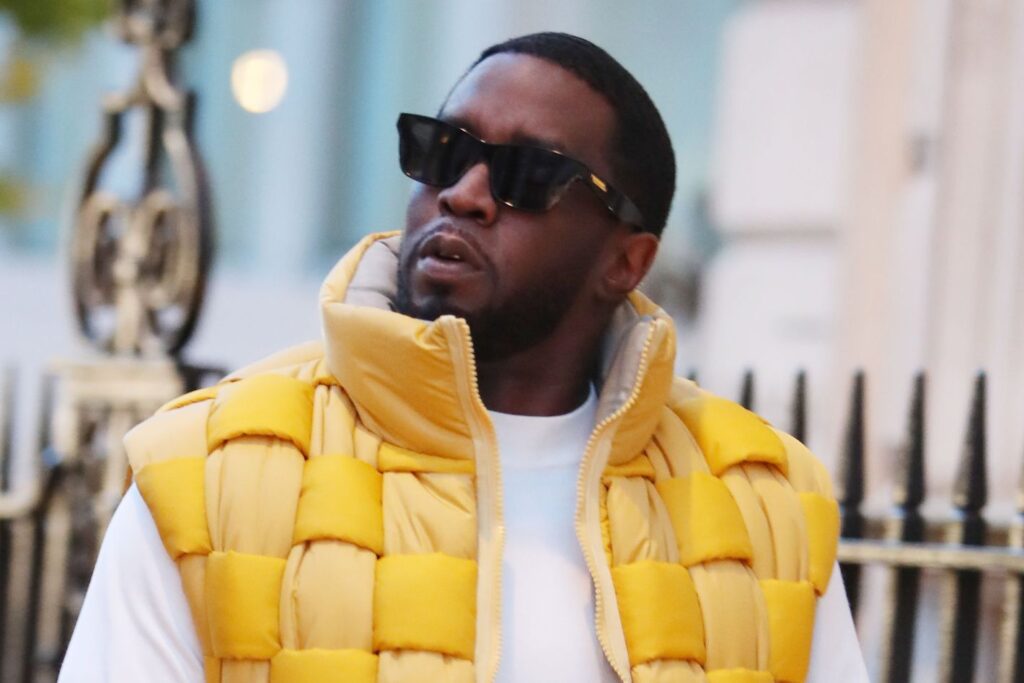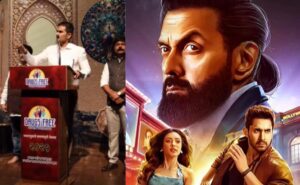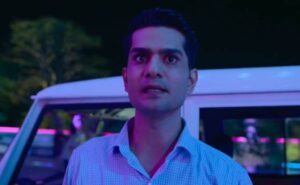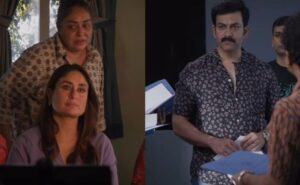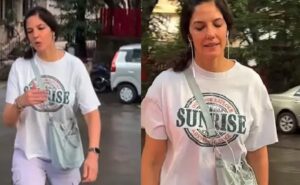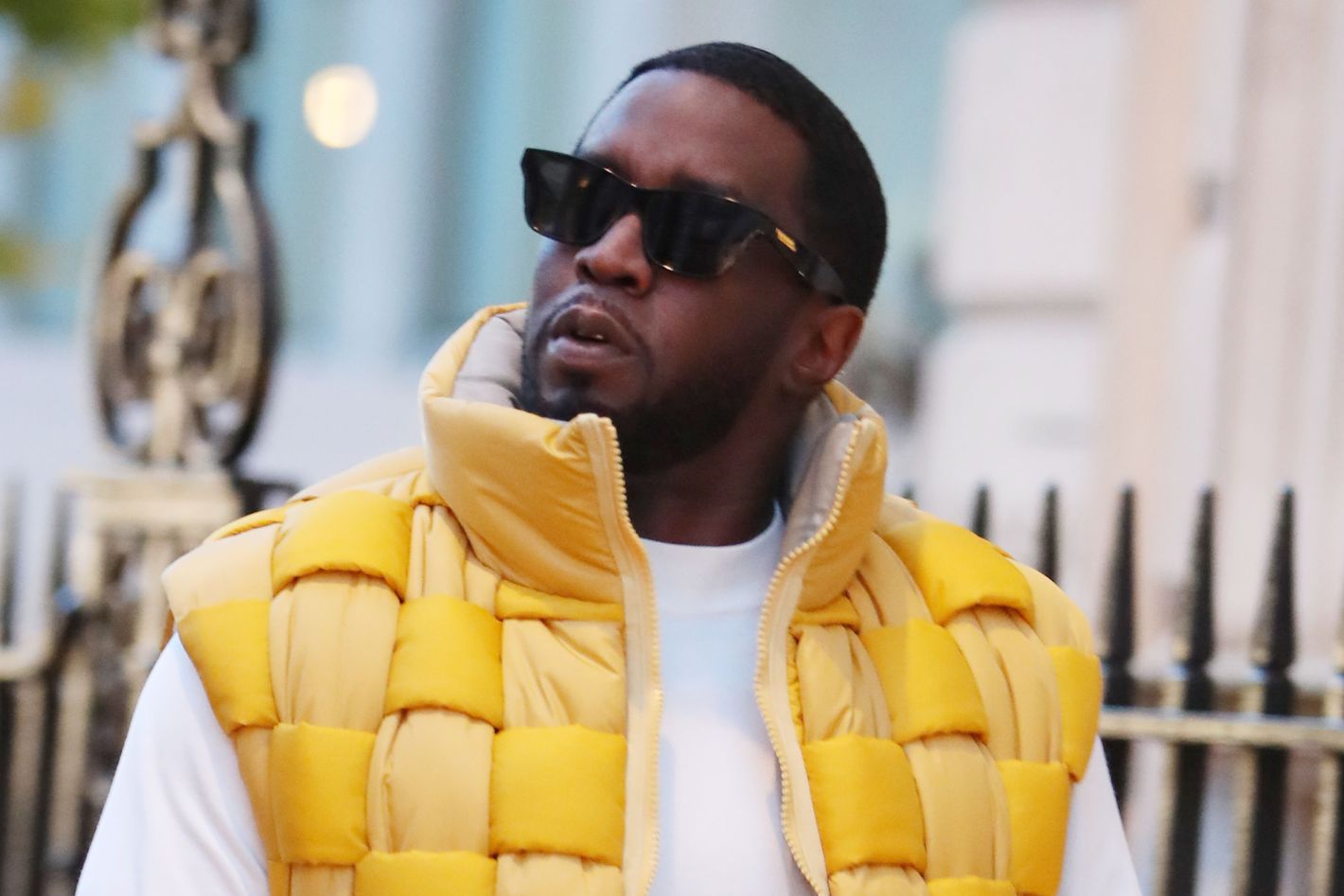
For weekly updates on all the most pivotal and dramatic moments from Diddy’s trial, sign up for our newsletter: Court Appearances: United States v. Diddy, and check out the rest of our trial coverage here.
Sean “Diddy” Combs’s lawyers doubled down on claims that his actions were protected by the First Amendment during a hearing this morning as part of their ongoing push for acquittal. (Yes, the same amendment that’s under attack from President Donald Trump.)
“He was a producer of amateur porn,” Alexandra Shapiro, one of Diddy’s many expensive lawyers, told Judge Arun Subramanian in court on September 25. Diddy’s team is hoping for an acquittal by trying to point out major legal problems in the case. “He’s a consumer of amateur porn,” Shapiro said. “It’s well settled that this type of amateur porn, whether it’s live or recorded, is protected by the First Amendment.” The protection also extended to times Diddy didn’t record encounters, she claimed. “It’s often simply only a livestream back and forth,” Shapiro said, who also mentioned OnlyFans. “Somebody’s watching someone on-camera. It’s not recorded. It’s just happening in real time.”
Diddy was found guilty on July 2 on two counts of transportation to engage in prostitution. This charge relates to Diddy’s shuttling of male escorts across state lines for the drug-fueled, dayslong sexual encounters known as Freak-Offs. These encounters were often recorded and were “highly choreographed.” Shapiro also mentioned the recordings had “mood lighting” and costumes to bolster the claim that this was performance, not prostitution.
Diddy, who wore khaki jail scrubs at this proceeding, seemed to be in good spirits. When he walked into Subramanian’s courtroom around 11 a.m., he hugged several of his lawyers.
Prosecutor Christy Slavik, who spoke on the First Amendment issue, insisted that Diddy’s hiring male escorts across state lines didn’t involve free speech. “There’s no symbolic speech,” she said, which would have First Amendment protections. “The act that violated the law was the transportation, which was not protected symbolic speech.”
Diddy’s Avenger-like legal counsel detailed their First Amendment claims in late July court filings. “The freak-offs and hotel nights were performances that he or his girlfriends typically videotaped so they could watch them later,” his lawyers wrote in court papers posttrial. “In other words, he was producing amateur pornography for later private viewing.”
Generally speaking, most pornography is protected so long as it doesn’t involve children or “obscenity.” Prosecutors have insisted, however, that Diddy wasn’t paying prostitutes just to make blue movies in their own court filings. “The record shows that the defendant was anything but a producer of adult films entitled to First Amendment protection — rather, he was a voracious consumer of commercial sex, paying male commercial sex workers on hundreds of occasions to have sex with his girlfriends for his own sexual arousal,” they argued in court papers. “Moreover, the conduct proscribed by the Mann Act — causing the interstate transportation of an individual for the purpose of prostitution — is not entitled to First Amendment protection.”
Subramanian will rule later on the defense’s push for acquittal. Diddy is scheduled to be sentenced on October 3.
His team is claiming he is a pornographer, not a perv, in their defense.

